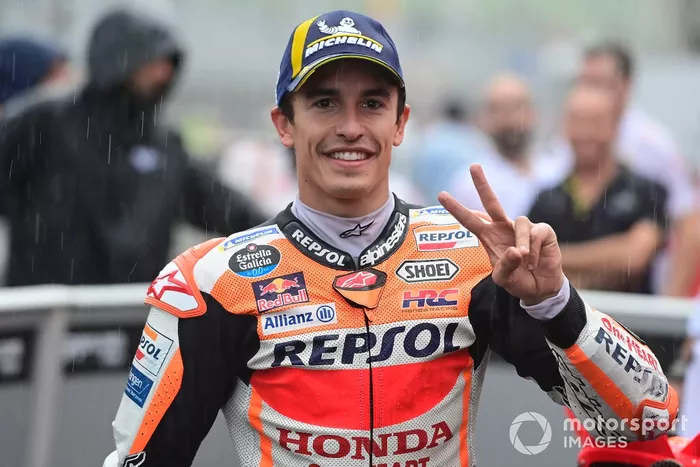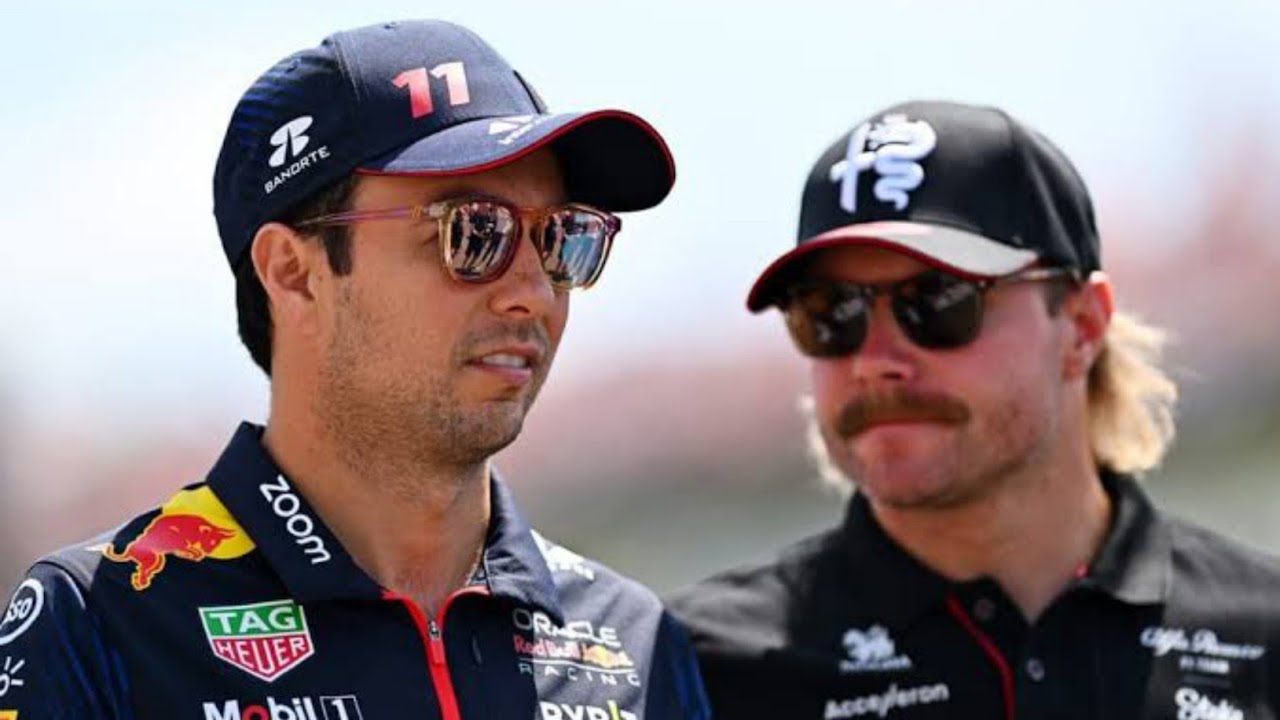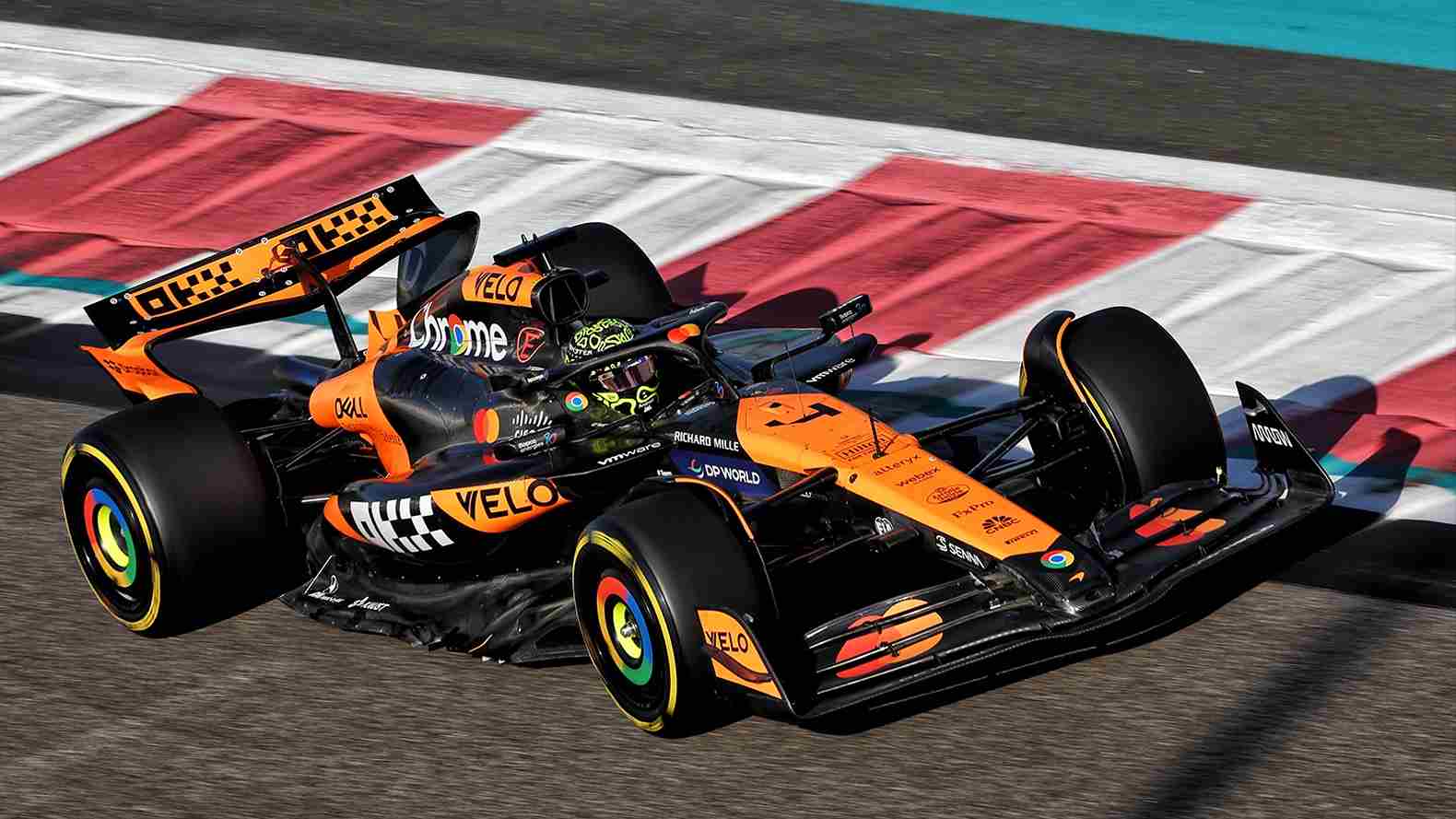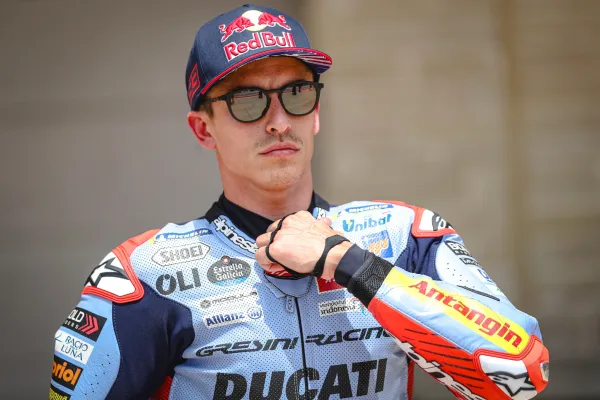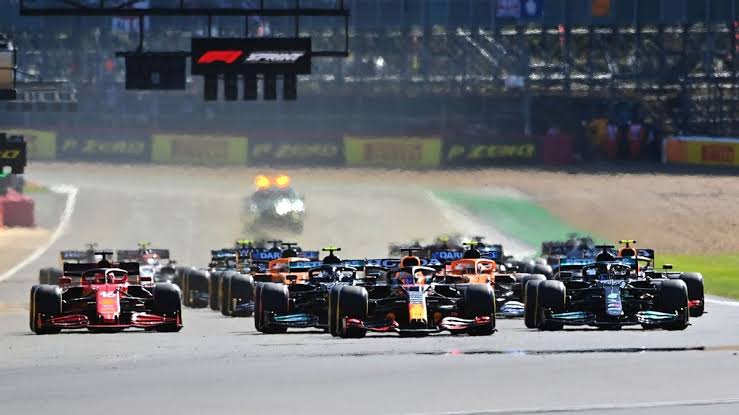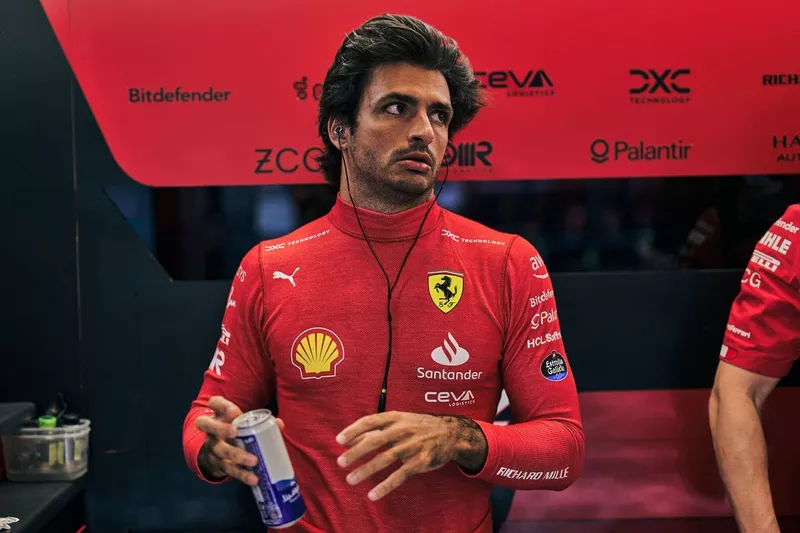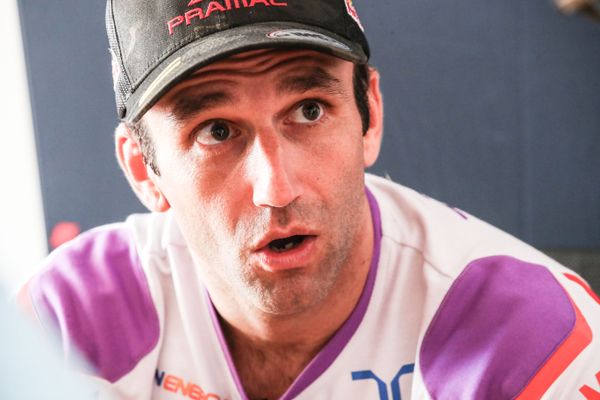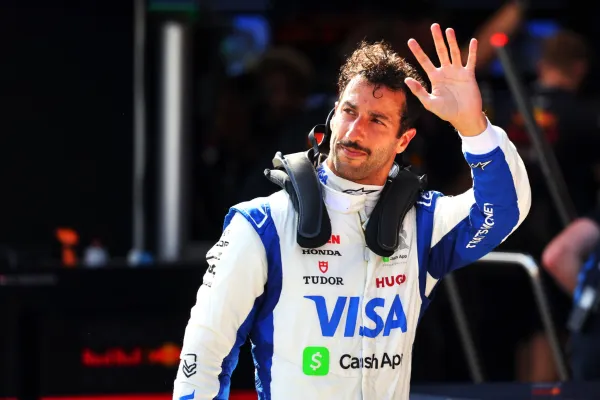Why Márquez’s Departure Is The Least Problem For Honda MotoGP
The world of MotoGP was rocked by the recent announcement of Marc Márquez’s departure from Honda at the end of the season.
The six-time MotoGP World Champion’s decision to leave the team that has been synonymous with his career left fans and pundits stunned. While the prospect of Márquez donning different colors is a significant storyline, it’s crucial to recognize that his departure is, in many ways, the least of Honda’s problems in the current MotoGP landscape.
At first glance, losing a rider of Márquez’s caliber is undoubtedly a significant blow for Honda. After all, he has been the face of the team, a relentless force on the track, and a dominant figure in the sport.
However, beneath the surface, Márquez’s exit is merely a symptom of more profound issues plaguing Honda’s MotoGP efforts.
Honda’s Cultural Conundrum
One of the fundamental problems within Honda’s MotoGP division is its resistance to change. The Japanese manufacturer has a storied history in the sport, and its ethos has long been built on a particular way of doing things. This approach has brought them success in the past, but in today’s rapidly evolving MotoGP landscape, it’s proving to be a hindrance.Marc Márquez’s departure is emblematic of this cultural conundrum.
He is a rider who thrives on challenges and possesses an innate ability to adapt to changing circumstances. Yet, his departure signifies not just a rider seeking new horizons but an inability on Honda’s part to adapt to his needs and the evolving demands of the sport.
The Alex Rins Parallel
To gain a deeper understanding of Honda’s issues, one need not look further than Alex Rins, another talented rider who felt mistreated by the manufacturer. Rins, who now competes for Suzuki, was once part of Honda’s fold. However, his departure from the team was far from amicable.If not for the discontent Rins experienced at Honda, he could have been a prime candidate for replacing Márquez. The situation serves as a stark reminder of the problems within Honda’s MotoGP division. Riders, no matter how skilled, need to feel valued and supported by their team.
When they sense mistreatment or a lack of cooperation, they look elsewhere for opportunities to excel.The unwillingness to adaptThe world of MotoGP is changing, and European manufacturers are currently at the forefront of innovation and adaptation.
The shift toward a more sustainable and environmentally responsible approach to racing is evident, and it requires not just talented riders but forward-thinking teams.Honda’s reluctance to embrace this shift is a clear impediment to their success.
The dominance of European manufacturers, particularly Ducati and Yamaha, in recent seasons underscores the importance of innovation and adaptability. These teams have capitalized on advancements in technology, aerodynamics, and rider support, all while maintaining a strong rapport with their riders.
Márquez’s Desire for a New Challenge
Márquez’s departure from Honda is undoubtedly a bold move. Leaving behind an established powerhouse to join a satellite team with a presumably older Ducati machine speaks volumes about his thirst for new challenges. It’s a testament to his character, a rider who isn’t content with merely winning but seeks to conquer new frontiers.His decision serves as a reflection of his frustrations with Honda’s inability to evolve. Despite his physical limitations in recent years, Márquez wanted to see changes within the team.
He sought a shakeup in the technical department, the hiring of specialist engineers, and an openness to new ideas. Unfortunately, these calls fell on deaf ears.
A Deeper Look into Honda’s Future
While it’s easy to dwell on the departure of a MotoGP icon like Marc Márquez, the real story here is the challenges that Honda must confront within its own ranks. Márquez’s exit signifies the need for a cultural shift within Honda’s MotoGP division, one that prioritizes innovation, adaptability, and rider satisfaction.
As the MotoGP landscape continues to evolve, with sustainability and environmental responsibility taking center stage, Honda’s unwillingness to adapt may prove to be its biggest hurdle. Riders like Márquez and Rins may be the canaries in the coal mine, signaling that a change in mindset is imperative for future success.In the end, Marc Márquez’s departure is not just about a rider seeking new horizons. It’s about a team that must find its way forward in a sport that demands innovation, adaptability, and collaboration.
Until Honda addresses these deeper issues, they may find themselves struggling, regardless of who sits on their bike.
